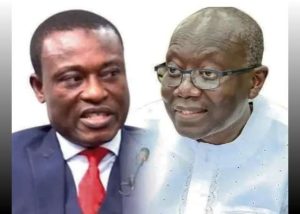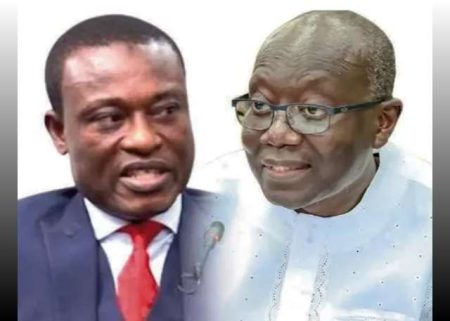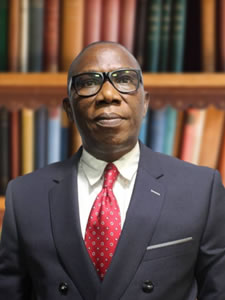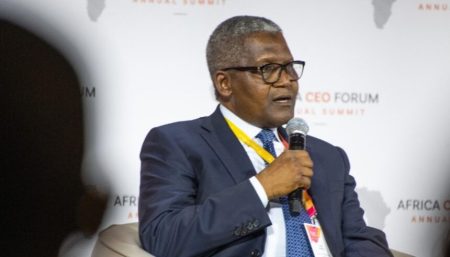Sanusi Lamido Sanusi, the Emir of Kano and former Governor of the Central Bank of Nigeria (CBN), delivered a poignant message on the pervasive issue of poverty in Nigeria, highlighting a critical disconnect between the nation’s elite and the stark realities faced by the majority of its citizens. Speaking at a public lecture commemorating the 60th birthday of former Rivers State Governor, Rotimi Amaechi, Sanusi emphasized that many within Nigeria’s privileged class lacked a genuine understanding of what poverty truly entails. He confessed that his own comprehension of the issue deepened significantly after ascending to the throne, experiencing firsthand the deplorable living conditions prevalent in rural communities. This profound observation underscores a dangerous gap in empathy and understanding that hinders effective policy-making and perpetuates the cycle of poverty. His words served as a stark reminder of the urgent need for leaders to connect with the lived experiences of those they govern, lest their policies and initiatives remain detached from reality and fail to address the root causes of poverty.
Sanusi’s message delved into the stark contrast between the lifestyles of the elite and the impoverished, drawing attention to the skewed priorities that often drive development initiatives. He questioned the allocation of resources towards urban infrastructure projects like overheads and underpasses while basic necessities like accessible healthcare remain elusive for those in rural areas. This disparity reflects a systemic neglect of the most vulnerable populations, highlighting a critical need for a paradigm shift in development planning. He further challenged the motivations of those in power, posing a fundamental question: “Do we love the people, or do we just love ruling over them?” This pointed inquiry underscores the need for leaders to prioritize the well-being of their constituents over the pursuit of power and self-interest. Sanusi’s critique struck at the heart of the issue, urging a critical reassessment of national priorities and a renewed focus on addressing the root causes of poverty.
Echoing Sanusi’s concerns, Nasir El-Rufai, the former Governor of Kaduna State, lamented the recurring pattern of electing incompetent leaders in Nigeria. He argued that the nation’s political landscape is often dominated by individuals who are adept at acquiring power but lack the vision and competence to effectively utilize it for the benefit of the people. This observation highlights a fundamental flaw in the electoral process, where political maneuvering often overshadows genuine leadership qualities and a commitment to public service. El-Rufai’s critique points to the need for a more discerning electorate, one that prioritizes competence, integrity, and a demonstrable track record of service when choosing its leaders.
Adding another dimension to the discussion, Professor Usman Yusuf, former Executive Secretary of the National Health Insurance Scheme, asserted that the root of many health issues in Nigeria lies not in medical deficiencies but in systemic failures of governance and widespread corruption. He argued that these underlying issues exacerbate poverty and contribute to the deterioration of public health. Professor Yusuf’s perspective highlights the interconnectedness of various societal challenges, emphasizing that addressing poverty requires a holistic approach that tackles not just its symptoms but also the deeper systemic issues that perpetuate it.
The convergence of these perspectives from prominent figures underscores the multi-faceted nature of poverty in Nigeria and the urgent need for comprehensive solutions. Sanusi’s call for empathy, El-Rufai’s critique of leadership selection, and Professor Yusuf’s emphasis on systemic corruption all point towards a need for fundamental change in the country’s approach to governance and development. These insights call for a shift away from superficial solutions towards addressing the root causes of poverty, including inequitable resource allocation, lack of access to basic services, and the pervasive influence of corruption.
The discussion at the public lecture served as a crucial reminder of the urgent need for a more people-centered approach to governance in Nigeria. The insights shared by Sanusi, El-Rufai, and Professor Yusuf highlighted the critical importance of empathy, competent leadership, and systemic reforms in tackling the complex challenge of poverty. Their combined message underscores the need for a collective effort to build a more just and equitable society, where the well-being of all citizens, particularly the most vulnerable, is prioritized. The challenge now lies in translating these insightful observations into concrete actions that can effectively address the root causes of poverty and pave the way for a more prosperous and equitable future for all Nigerians.














